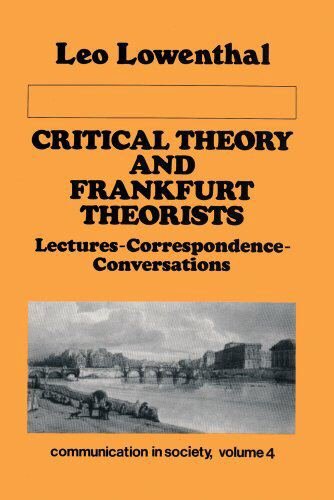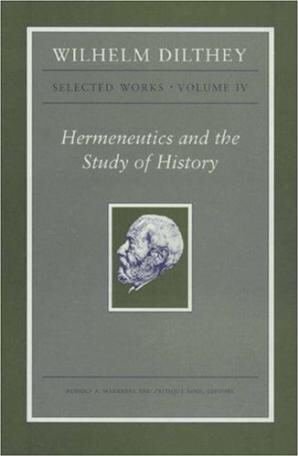

Critical Theory and Frankfurt Theorists
Private Book Reader
Upload and read your personal PDF books in our secure reader
Read Your Private BookShort Audio Book Summary
Critical Theory and Frankfurt Theorists Summary
0:00 / 0:00Reviews
No review yet. Be the first to review this book!
Description
Critical Theory and Frankfurt Theorists: Lectures—Correspondence—Conversations (Communication in Society, Volume 4) by Leo Lowenthal offers a profound exploration of the development and influence of Critical Theory through the lens of one of its most important contributors. Lowenthal, himself a key figure in the Frankfurt School, compiles an extensive array of lectures, letters, and discussions that capture both the intellectual rigor and the personal dynamics of the Frankfurt Theorists. This volume serves as an essential historical and philosophical document, providing insight into the origins and evolution of Critical Theory, particularly as it was formulated by the Institute for Social Research in Frankfurt during the early to mid-20th century. Lowenthal's reflections are not merely historical recollections but deep engagements with the central issues and questions that preoccupied his contemporaries—figures such as Max Horkheimer, Theodor W. Adorno, Herbert Marcuse, and Jürgen Habermas. The book is structured around various forms of communication—lectures that Lowenthal delivered to different audiences over the decades, personal correspondence that reveals the intimate and often conflicted relationships among the theorists, and recorded conversations that illuminate the everyday lives and struggles of these thinkers as they grappled with exile, war, and the rise of fascism. In his lectures, Lowenthal addresses core concepts of Critical Theory, including the critique of enlightenment reason, the analysis of mass culture, and the role of art and aesthetics in social critique. He emphasizes the dialectical method that characterizes the work of the Frankfurt School, where philosophy and social theory intersect to question the structures of domination, capitalism, and ideology. Lowenthal also reflects on the transformative potential of Critical Theory, arguing for its continued relevance in understanding modern society's contradictions. The correspondence included in the book highlights both the camaraderie and the tensions that existed among the Frankfurt Theorists. Letters between Lowenthal and Horkheimer, for example, reveal disagreements over the direction of the Institute’s work, the challenge of maintaining intellectual autonomy, and debates over political engagement. These exchanges provide a behind-the-scenes view of the personalities and priorities that shaped the movement. Conversations recorded later in Lowenthal’s life offer his reflections on the successes and limitations of Critical Theory. He discusses how the social conditions of post-war capitalism altered the terrain on which Critical Theory operated and raises questions about its applicability in an era increasingly defined by consumerism and technological rationality. Throughout the text, Lowenthal maintains a commitment to the ideal of a critical and emancipatory social science. He underscores the importance of keeping alive a mode of thinking that resists reification, challenges ideological domination, and seeks to foster human autonomy. Critical Theory and Frankfurt Theorists is both an intellectual history and a personal memoir. It documents the efforts of a generation of scholars to develop a theory that could confront the crises of their time—fascism, authoritarianism, the culture industry—and remain relevant to subsequent generations. For anyone interested in Critical Theory, this volume is an invaluable resource that offers a comprehensive and intimate account of one of the most influential schools of thought in modern social theory.










 May 03, 2025
May 03, 2025











.jpeg)









.jpg)





.jpeg)





.png)

.jpg)

.jpg)

.jpg)


.jpg)


.jpeg)










.jpeg)
.jpeg)






.jpg)




.jpg)













































